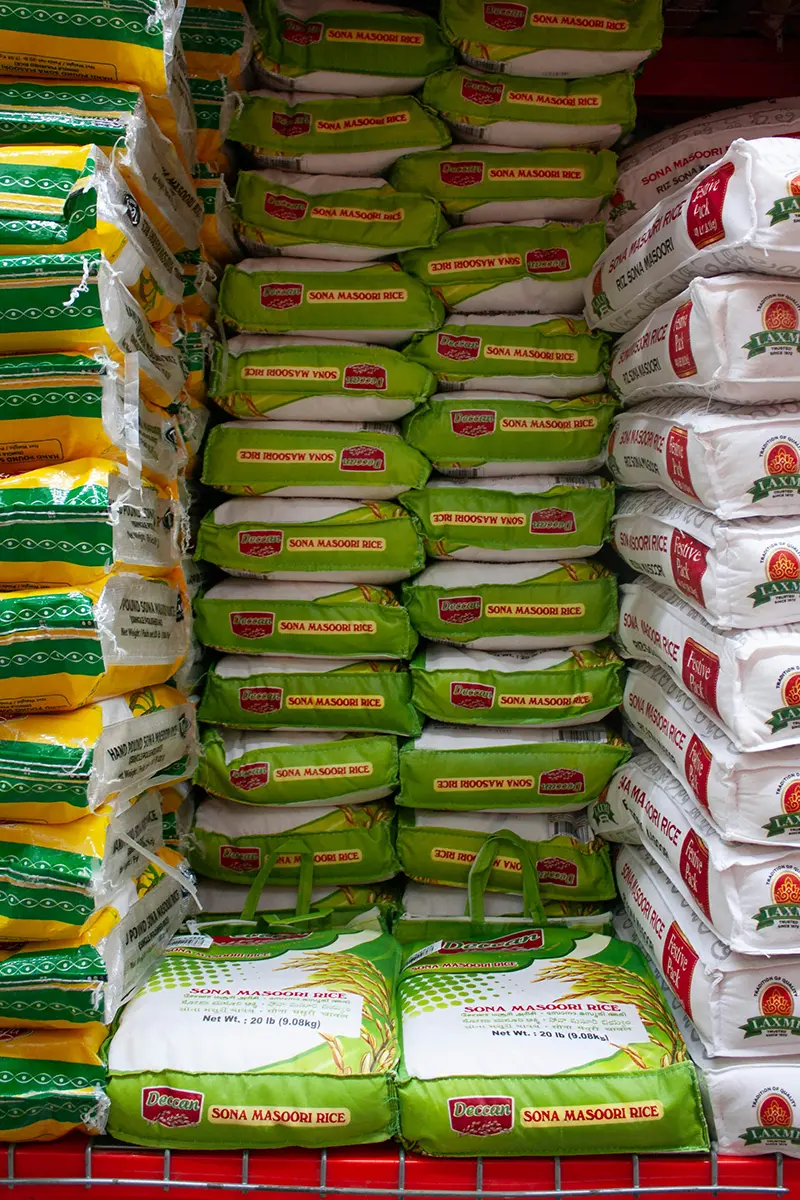
As of April 1, 2025, the Government of The Bahamas actively reduced the Value Added Tax (VAT) on unprepared food items from 10% to 5% to combat the high cost of living. This significant policy change, combined with the already high imported duties on goods entering the country, aims to ease financial pressure on both residents and visitors. Consequently, the VAT reduction directly improves affordability, particularly in high-cost areas like Harbour Island.
Moreover, it helps ease the financial burden on households across the archipelago, particularly in high-cost destinations like Harbour Island. By lowering the VAT on imported food in the Bahamas, the government aims to improve access to essential goods and support a more sustainable cost of living.
In The Bahamas, the government applies VAT much like a sales tax, covering a wide range of goods and services nationwide. Initially introduced to fund public services and lessen dependence on customs duties, VAT has evolved into a core pillar of the country’s revenue system. However, over time, the VAT on imported food in The Bahamas has significantly impacted daily living expenses, especially by driving up the cost of essential items like groceries.
Harbour Island, a renowned luxury destination just off the coast of Eleuthera, is particularly susceptible to high prices for several reasons:
Import-dependent economy: Nearly all food and household goods are shipped in from other islands or international sources.
High logistics and shipping costs: Transportation of goods by boat or plane drives up prices.
Limited competition: With only a few grocery stores and suppliers on the island, prices are less likely to benefit from market competition.
Smaller scale: Unlike larger islands such as New Providence, Harbour Island lacks the economies of scale that can help reduce costs.
The April 2025 VAT adjustment specifically targets unprepared food items, which include:
Fresh fruits and vegetables
Rice, flour, sugar, and dried beans
Bread and other staple baked goods
Milk, eggs, and meat (uncooked)
Other basic grocery staples not subject to further preparation
This does not include:
Prepared meals or restaurant food
Alcoholic beverages
Packaged snacks and processed food items with added preparation
This policy shift means that supermarket purchases of basic grocery items will now include only 5% VAT, down from the previous 10%, providing some relief on essential daily expenses.
For local residents, the VAT reduction offers modest relief, especially in family budgets where groceries represent a significant portion of monthly expenses.
For tourists and vacation renters, who often prepare their own meals in villas or rentals, the lower VAT rate offers slightly more affordable grocery shopping, which can enhance the value of self-catering accommodations on Harbour Island.
However, shoppers should be aware that prices remain elevated compared to the U.S. or other Caribbean destinations, due to ongoing structural factors such as:
Import duties still levied on many goods
Higher fuel and transport costs
Small-scale supply chains and limited warehouse storage
The seasonal nature of tourism-driven demand
The government’s move to reduce VAT on unprepared food reflects a broader effort to make life more affordable in The Bahamas, particularly as global inflation and supply chain disruptions continue to affect island economies. While the impact may not be dramatic in the short term, it does signal a positive shift toward consumer relief and food security.
Travelers and residents alike are encouraged to stay informed through official government channels, such as the Bahamas Ministry of Finance, for the latest updates on taxation and economic policies.
The Bahamian government implemented the April 2025 VAT reduction on unprepared food, lowering the rate from 10% to 5%, to actively address rising living costs. This policy shift is especially beneficial for high-cost communities such as Harbour Island, where grocery expenses rank among the highest nationwide.
Although broader economic challenges continue to affect overall pricing, this adjustment to the VAT on imported food in the Bahamas offers significant savings for both local households and travelers. As a result, it marks an important step toward creating a more affordable and accessible cost of living throughout the islands.
